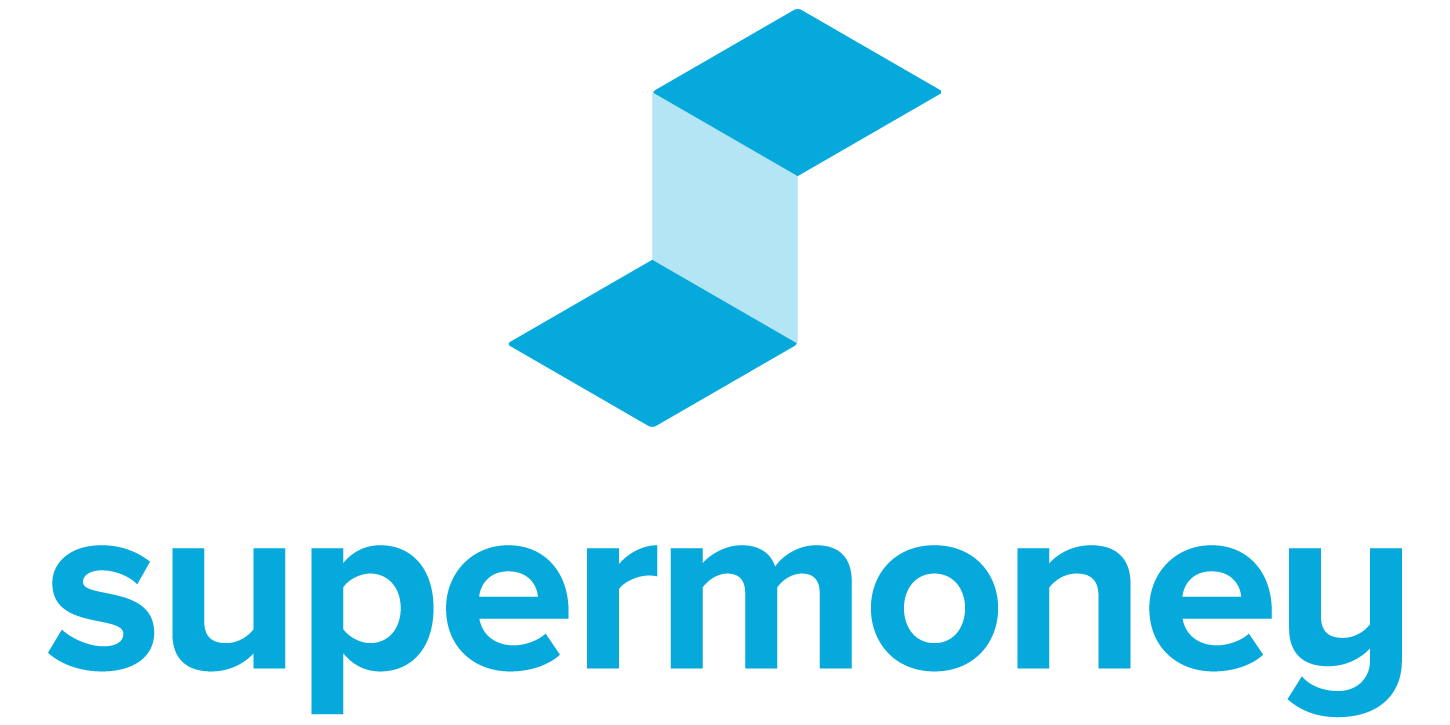5 best business loans of 2025
Updated . This date may not reflect recent changes in individual terms.
Editorial Note: CreditVana receives compensation from certain third-party advertisers, but this doesn't influence our editors' opinions or reviews. Our partners don't review, approve or endorse our editorial content. Information about financial products not offered by CreditVana may be collected independently. We strive for accuracy at the time of publication.
Our top business loan picks
How we picked: We compared rates, fees, loan amounts, eligibility requirements, funding speed, and specialized business features.
Best for startups: Kabbage by American Express
Why it stands out: Kabbage (now part of American Express) offers flexible credit lines up to $250,000 with minimal time in business requirements. Uses bank data and cash flow analysis rather than just credit scores.
- Flexible eligibility: Accepts businesses with as little as 3 months in operation.
- Data-driven approval: Connects to bank accounts and accounting software for real-time analysis.
- Line of credit structure: Access funds as needed and pay interest only on what you use.
- Loan amounts: $500 to $250,000 credit lines.
- Time in business: Minimum 3 months required.
Best for bad credit: BlueVine
Why it stands out: Focuses on business performance over personal credit scores. Offers both lines of credit and term loans with competitive rates for businesses with challenged credit profiles.
- Credit flexibility: May approve businesses with credit scores as low as 530.
- Revenue-based qualification: Minimum $120,000 annual revenue, 6+ months in business.
- Multiple products: Term loans, lines of credit, and invoice factoring available.
- Loan amounts: Up to $5 million for term loans, up to $250,000 for lines of credit.
- Funding speed: As fast as 24 hours after approval.
Best SBA loans: Lendio
Why it stands out: Marketplace connecting borrowers with SBA-preferred lenders. Specializes in SBA 7(a) loans with amounts up to $5 million and competitive long-term rates.
- SBA expertise: Dedicated team helps navigate SBA requirements and paperwork.
- Multiple lender network: Connects you with various SBA lenders to find best terms.
- Long repayment terms: Up to 25 years for real estate, 10 years for equipment/working capital.
- Loan amounts: Up to $5 million for SBA 7(a) loans.
- Interest rates: Typically 6%-13% APR for SBA loans.
Best for equipment: Balboa Capital
Why it stands out: Equipment financing specialist offering loans and leases for virtually any business equipment. Fast approval process with equipment as collateral.
- Equipment expertise: Finances new and used equipment across all industries.
- Flexible structures: Choose between loans, leases, or lease-to-own options.
- Quick decisions: Often approves within 24-48 hours with streamlined application.
- Loan amounts: $2,000 to $500,000 for equipment financing.
- Down payment: As low as 10% down payment required.
Best for fast funding: OnDeck
Why it stands out: Technology-focused lender offering term loans and lines of credit with same-day funding possible. Strong online platform and customer service.
- Speed advantage: Funding as fast as same business day after approval.
- Tech-driven process: Automated underwriting using business data and cash flow.
- Transparent pricing: Clear fee structure with no hidden costs or prepayment penalties.
- Loan amounts: $5,000 to $500,000 for term loans and lines of credit.
- Minimum requirements: $100,000 annual revenue, 1+ years in business.
How we picked these business loans
We reviewed dozens of business lenders and evaluated: interest rates, fees, loan amounts, eligibility requirements, funding speed, business-specific features, customer service quality, and specialized industry expertise.
What you should know about business loans
Business loan terms vary significantly based on loan type, lender, business finances, and industry. Traditional banks often offer the lowest rates but strictest requirements, while alternative lenders provide faster funding with higher costs.
Where to start
- Your business bank: Check for existing relationship discounts and SBA loan programs.
- Industry-specific lenders: Some specialize in your business type or equipment needs.
- Online marketplaces: Compare multiple lenders and loan types in one place.
- SBA resource partners: SCORE, SBDCs provide free guidance on financing options.
Business loan terms to compare
Interest rates & APR
Rates vary widely from ~6% for SBA loans to 50%+ for short-term alternatives. Factor in the true cost including all fees when comparing offers.
Fees
- Origination: Often 1%-6% of loan amount.
- SBA guarantee fees: 3.5% for SBA loans over $150,000.
- Processing: Monthly or annual maintenance fees.
- Early payoff: Some lenders charge prepayment penalties.
Amounts & terms
Common ranges: $5,000–$5,000,000 over 3 months–25 years. Longer terms usually mean lower payments but more interest overall.
Funding speed
Traditional banks may take weeks; alternative lenders often fund within days.
Eligibility factors
- Personal and business credit scores
- Annual revenue and cash flow
- Time in business
- Industry type
- Collateral availability
Tips for choosing a business lender
- Match loan type to need: Working capital, equipment, expansion, or cash flow needs require different products.
- Industry expertise: Some lenders specialize in specific industries or business models.
- Relationship value: Consider ongoing banking needs, not just the loan terms.
- Growth planning: Choose lenders who can support future financing needs.
- Personal guarantees: Understand when you're personally liable for business debt.
Business lender red flags
- Requesting upfront fees before loan approval or funding.
- Guaranteeing approval without reviewing business financials.
- Pressure tactics or limited-time offers that don't allow due diligence.
- Unclear terms, hidden fees, or reluctance to provide written documentation.
- Not registered or licensed in your state for business lending.
- Extremely high interest rates without clear justification.
Types of business loans explained
Term loans
Traditional loans with fixed amounts, set repayment schedules, and either fixed or variable interest rates. Best for specific purchases or expansion projects.
Lines of credit
Revolving credit that allows you to borrow up to a limit, repay, and borrow again. Interest charged only on amounts used. Ideal for cash flow management.
SBA loans
Government-backed loans offering lower rates and longer terms. More paperwork and longer approval times, but often the most cost-effective option.
Equipment financing
Loans specifically for purchasing business equipment, with the equipment serving as collateral. Often easier qualification and competitive rates.
Invoice factoring
Selling outstanding invoices to a lender for immediate cash at a discount. Helps with cash flow when customers pay slowly.
Questions about business loans
- What credit score do I need for a business loan?
- Requirements vary widely. Traditional banks often want 680+, while alternative lenders may accept scores as low as 500. Strong business financials can sometimes overcome lower personal credit scores.
- How much can my business borrow?
- Loan amounts depend on annual revenue, cash flow, credit profile, and collateral. Many lenders offer 10%-30% of annual revenue, while SBA loans can go higher with strong qualifications.
- Should I use a business loan or business credit card?
- Loans typically offer lower interest rates and longer terms for larger amounts. Credit cards provide more flexibility for smaller, ongoing expenses but usually have higher rates.
- Do I need collateral for a business loan?
- Not always. Many lenders offer unsecured loans based on business performance and personal guarantees. Secured loans typically offer better rates and higher amounts.
- How long does business loan approval take?
- Online lenders may approve within hours or days, while traditional banks often take 2-8 weeks. SBA loans typically require 30-90 days due to additional paperwork.
- Can startups get business loans?
- Yes, but options are more limited. Many lenders require 6-24 months in business. Startups often need strong personal credit, collateral, or specialized startup lenders.
- What documents do I need for a business loan application?
- Typically: business and personal tax returns, bank statements, financial statements, business license, and business plan. Requirements vary by lender and loan amount.
Important information: Annual Percentage Rates (APRs), terms and payment estimates are based on your business profile, credit history, and publicly available lender information at the time of comparison. Lenders typically offer APR ranges, with the lowest rates reserved for the most qualified borrowers. Your actual APR depends on factors reviewed at application, including business and personal credit, revenue, cash flow, time in business, and industry. All loans are subject to credit review and approval. Always review each lender's Terms & Conditions for details.
Business Loan Approval: Approval likelihood depends on multiple factors including business financials, credit history, industry, and lender-specific criteria. Personal guarantees may be required, making business owners personally liable for repayment.









